With a record number of participants in its Championships, a significant move back to campus and several ambitious new projects, the year 2018 has been one of revitalisation for FISU and one that has brought the university sports movement ever closer to students worldwide.
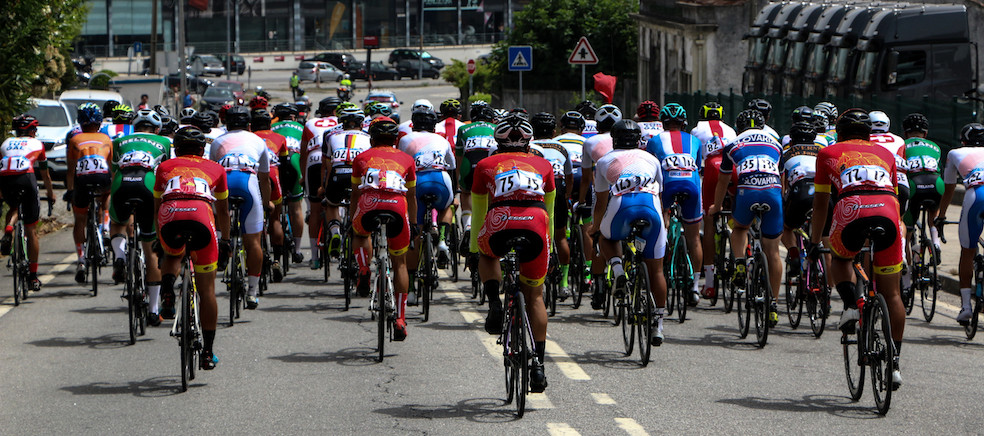 LAUSANNE — Six thousand, seven hundred and eighty-eight – that’s the total number of participants who were at the 2018 FISU World University Championships. This considerable number was a record in itself, in a year that saw new beginnings and many firsts for the International University Sports Federation.
LAUSANNE — Six thousand, seven hundred and eighty-eight – that’s the total number of participants who were at the 2018 FISU World University Championships. This considerable number was a record in itself, in a year that saw new beginnings and many firsts for the International University Sports Federation.
 FISU staff and guests gather around the new home of international univesrsity sports on the inauguration day of the new HQ in the spring of 2018. Known as the Synathlon, it rests on the University of Lausanne campus. The tone was set right from the start of the year, when in a very significant move, FISU went ‘back to campus’. After bidding adieu to the offices in Brussels, FISU began a fresh chapter in February by inaugurating a new headquarters in the heart of the Olympic Capital – Lausanne, Switzerland. In keeping with its raison d’être as the governing body of university sport, the FISU Headquarters are now fittingly located on a university campus; the sprawling greens of the University of Lausanne (UNIL). With this move back to campus, FISU began the year on a poignant note.
FISU staff and guests gather around the new home of international univesrsity sports on the inauguration day of the new HQ in the spring of 2018. Known as the Synathlon, it rests on the University of Lausanne campus. The tone was set right from the start of the year, when in a very significant move, FISU went ‘back to campus’. After bidding adieu to the offices in Brussels, FISU began a fresh chapter in February by inaugurating a new headquarters in the heart of the Olympic Capital – Lausanne, Switzerland. In keeping with its raison d’être as the governing body of university sport, the FISU Headquarters are now fittingly located on a university campus; the sprawling greens of the University of Lausanne (UNIL). With this move back to campus, FISU began the year on a poignant note.
FISU’s bonds with universities and campuses worldwide were strengthened from there on, with far reaching and ambitious plans like the Healthy Campus project which aims to bring the entire university community into the fold, and not just elite athletes.
“FISU has to take care of the health of all students,” says FISU Secretary General & CEO, Eric Saintrond. “It is a fact that a huge number of students are inactive or not active enough. It is for this reason that FISU is launching the Healthy Campus project, as it will provide opportunities to all students to participate in recreational sport and physical activity. The universities will be provided the tools through which they will implement and manage this project.”
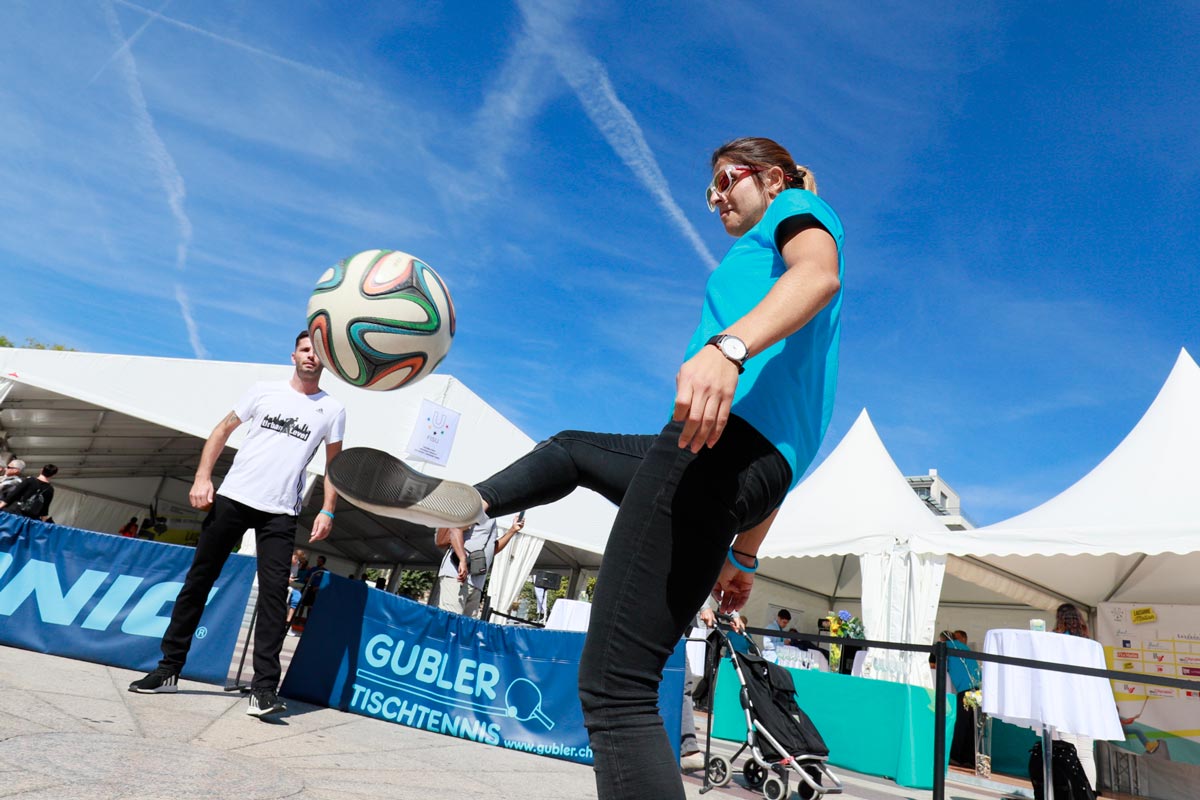 FISU’s sport events continue to be at the heart of the university sports movement and the World University Championships this year were unprecedented in scale, success and quality. Thirty-two standalone championships were held through the year, which collectively witnessed the highest number of participants ever seen in a championship season. The 6,788 championship competitors represented 1,673 universities and 92 countries. The message of university sport was spread far and wide throughquality competition in a wide array of sports from Karate to Beach Volleyball, Sailing to Rugby 7s.
FISU’s sport events continue to be at the heart of the university sports movement and the World University Championships this year were unprecedented in scale, success and quality. Thirty-two standalone championships were held through the year, which collectively witnessed the highest number of participants ever seen in a championship season. The 6,788 championship competitors represented 1,673 universities and 92 countries. The message of university sport was spread far and wide throughquality competition in a wide array of sports from Karate to Beach Volleyball, Sailing to Rugby 7s.
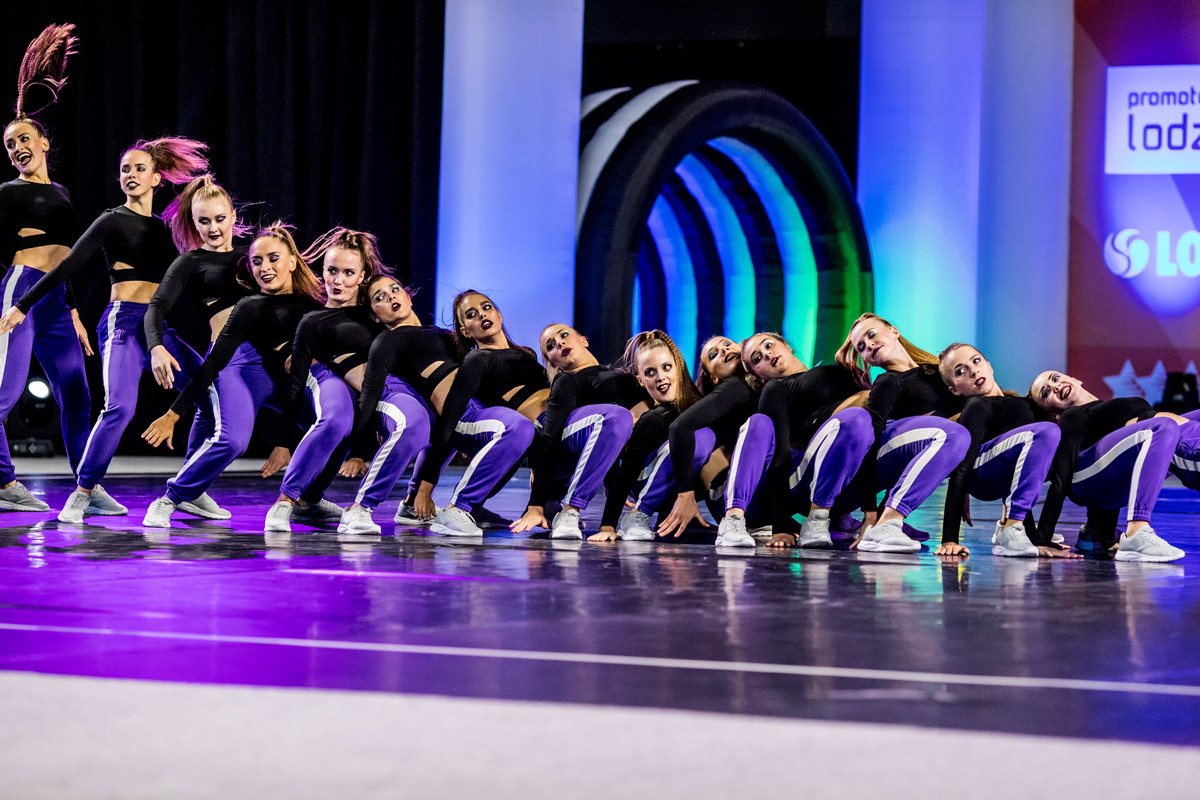 The World University Championship programmeis FISU’s ‘incubator’ of sorts – forming the gateway for new sports and formats to make their way into the Universiade and University World Cups. This allows FISU to experiment with international sport federations to enhance sports delivery and innovation in their sport. This year marked the first time that Modern Pentathlon, Wushu, Muay Thai and Cheerleading were featured on the programme.
The World University Championship programmeis FISU’s ‘incubator’ of sorts – forming the gateway for new sports and formats to make their way into the Universiade and University World Cups. This allows FISU to experiment with international sport federations to enhance sports delivery and innovation in their sport. This year marked the first time that Modern Pentathlon, Wushu, Muay Thai and Cheerleading were featured on the programme.
The sports calendar culminated with a successful fourth edition of the 3×3 FISU World University League – 2018 Finals in Xiamen, China. This unique tournament pits the world’s best university 3×3 teams against each other and has the student athletes playing for University pride, on a world stage.
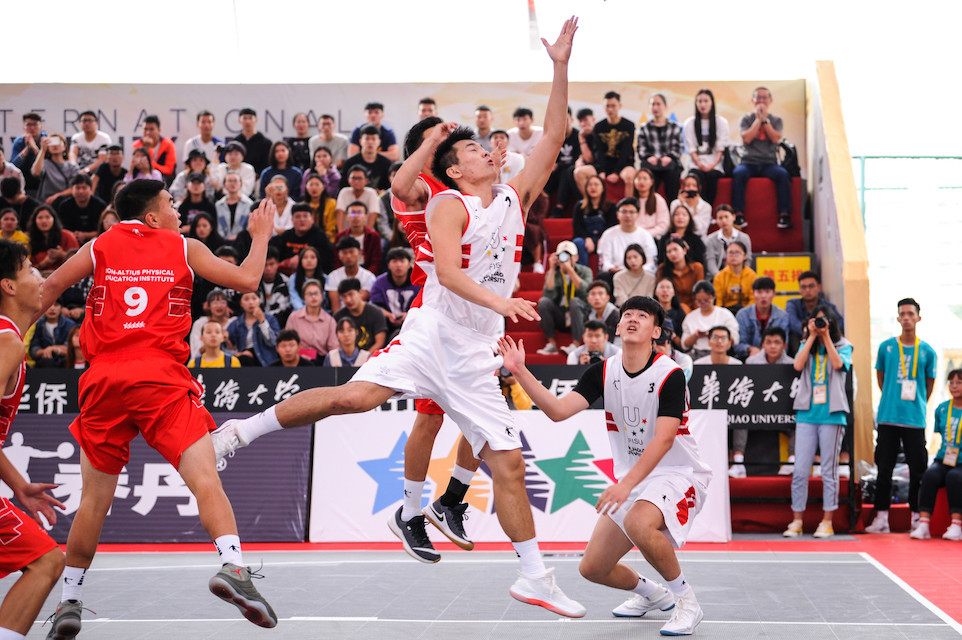 It is the perfect setting for this young, urban sport as it makes its Olympic debut at the 2020 Summer Games in Tokyo, Japan. FISU was ahead of the curve, recognising the popularity of this format as early as 2012, when it was part of the World University Championship schedule. Following its immediate success, the event is now staged annually as a World University League since 2015.
It is the perfect setting for this young, urban sport as it makes its Olympic debut at the 2020 Summer Games in Tokyo, Japan. FISU was ahead of the curve, recognising the popularity of this format as early as 2012, when it was part of the World University Championship schedule. Following its immediate success, the event is now staged annually as a World University League since 2015.
The 2018 edition was bigger and better than ever before, with excellent event organisation and unprecedented number of viewers on its multi-channel live stream. While Asian teams claimed top spots in both the men’s and women’s field, European teams like Vytautas Magnus University of Lithuania and Vasyl Stefanyk University of Ukraine held their own and finished on the podium as well. The quality of competition is evident from the fact that nearly half a dozen world Top-20 players were in action on the courts.
Away from the courts and fields, there was abundant action elsewhere as well. The FISU Forum witnessed robust discussions on the most important issues facing the sports world today – athlete dual careers, gender equality and good governance – through workshops, keynotes and open seminars. The format of the Forum also underwent a small but significant shift, as more space was given to National University Sports Federations(NUSFs) to present their activities. The German NUSF made a much-appreciated presentation about dual career and Norway prompted debate about youth leadership and mentoring programmes. The template has now been set for the next two editions of the FISU Forum that will be held 2020 in Budapest, Hungary and 2022 in Kiev, Ukraine.
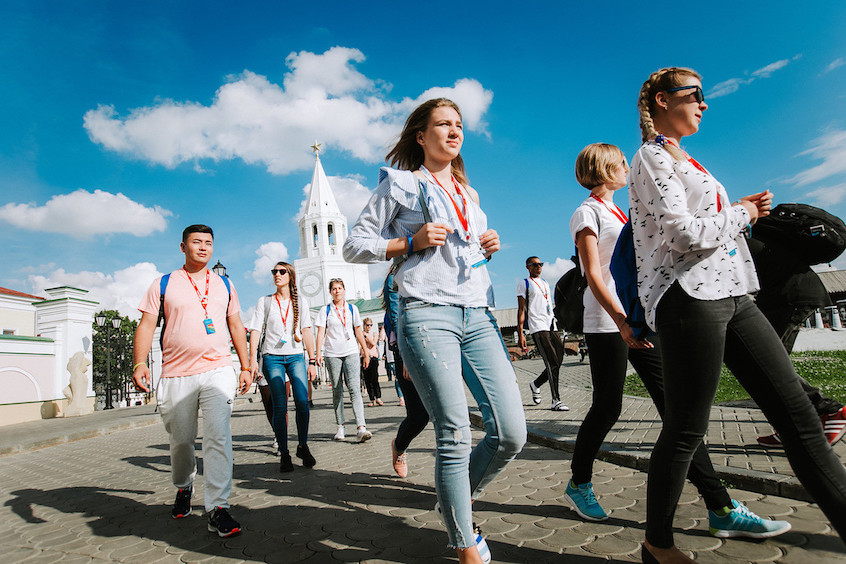 Meanwhile, the FISU Volunteer Leaders Academywas held for the second time in Kazan, Russia. Aimed at developing tomorrow’s leaders, this year the programme went one step further with the appointment of more than 100 emerging young sports leaders from different countries as ‘Student Ambassadors’. These flagbearers of the university sports movement have now taken the spirit and message of FISU back to their campus and communities.
Meanwhile, the FISU Volunteer Leaders Academywas held for the second time in Kazan, Russia. Aimed at developing tomorrow’s leaders, this year the programme went one step further with the appointment of more than 100 emerging young sports leaders from different countries as ‘Student Ambassadors’. These flagbearers of the university sports movement have now taken the spirit and message of FISU back to their campus and communities.
Exemplifying the success of this programme, was the Student Ambassador from Bosnia & Herzegovina Biljana Cvijanović, who ensured that the International Day of University Sport (IDUS) was celebrated in her home town for the very first time. What the students of the University of Banja Lukalacked in resources, they made up for in spirit, as they hand-painted IDUS posters ahead of a 3×3 game that was held to celebrate the day.
This year’s edition of IDUS was indeed a grand success, as 97 countries participated with nearly 500 sporting and recreational activities organised specifically for the occasion. Overall, Europe’s participation in IDUS celebrations was once again exemplary with 72% of FISU members in the continent celebrating IDUS.Hungary led the way yet again, as themost active National University Sports Federation (NUSF) with more than 160 activities and 180,000 participants, followed closely by Russia with 76 activities and 45,000 participants.
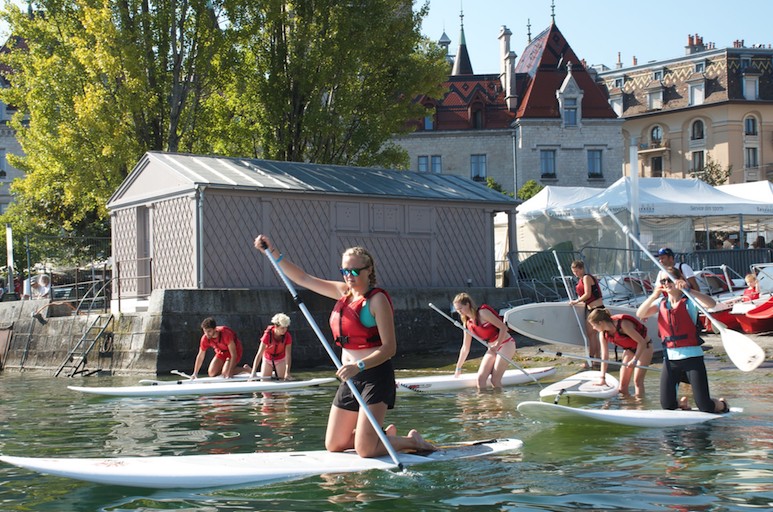 This year was also the first time that FISU’s partner organising committees celebrated IDUS with gusto. The sunny Italian city of Napoli that will host the 2019 Summer Universiade held multiple sports events at university venues in Napoli and Salerno, with more than 300 students of sport participating.
This year was also the first time that FISU’s partner organising committees celebrated IDUS with gusto. The sunny Italian city of Napoli that will host the 2019 Summer Universiade held multiple sports events at university venues in Napoli and Salerno, with more than 300 students of sport participating.
On the opposite end of the weather spectrum, the Siberian city of Krasnoyarsk in Russia held a special ‘City Run’ to celebrate IDUS. Krasnoyarsk will host the Winter Universiade 2019, making it the first time ever that Russia will be hosting this multi-sport spectacle.
With a pathbreaking, tone setting and extremely fruitful 2018 in the books, FISU looks ahead to 2019 with excitement for the Summer and Winter Universiades as well as the University World Cups in 3×3 Basketball and the inaugural edition of Football, both of which will take place in China’s Fujian province, in Xiamen and Jinjiang respectively.
Onto Krasnoyarsk, Napoli, Xiamen and Jinjiang next!
 |
 |


